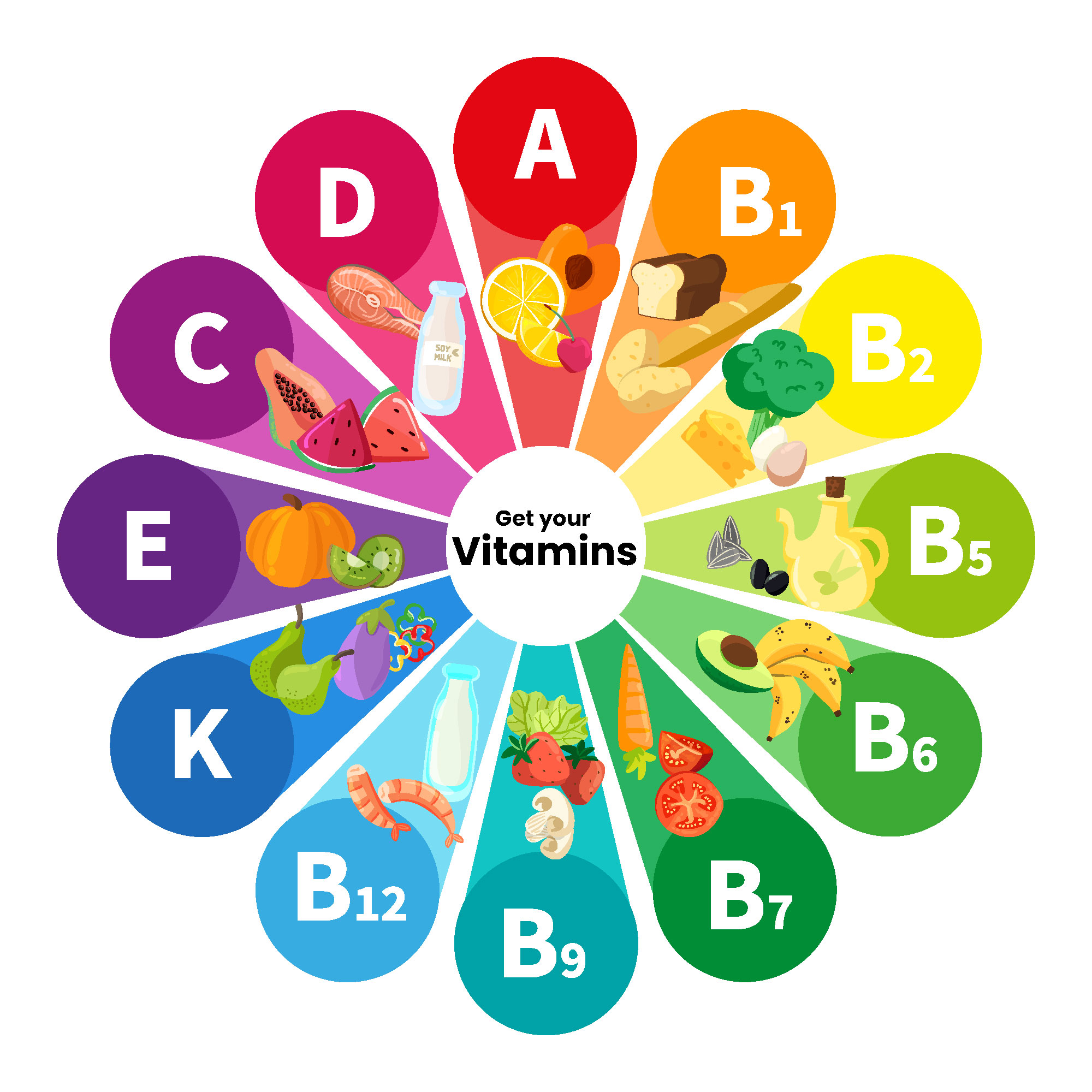Living with diabetes can be daunting, but understanding how to manage your diet can make a significant difference in your health.
This article will explore essential dietary care for diabetics, offering easy-to-understand advice for making healthier food choices.
Content
Toggle1. Understanding Diabetes
- What is Diabetes? Diabetes is a chronic condition that affects how your body processes glucose, the sugar found in food. There are mainly two types: Type 1 and Type 2 diabetes.
- Why Diet Matters Managing your diet is crucial for controlling blood sugar levels. Poor dietary choices can lead to complications, making it essential to follow a balanced eating plan.
2. Foods to Embrace
- Whole Grains Whole grains, such as brown rice, quinoa, and whole-grain bread, are excellent sources of fiber and help manage blood sugar levels.
- Fruits and Vegetables Non-starchy vegetables like spinach, broccoli, and peppers are low in calories and high in nutrients. Opt for whole fruits over juices to benefit from fiber.
- Lean Proteins Incorporate sources of lean protein such as chicken, turkey, fish, legumes, and low-fat dairy products. They can help you feel full without spiking your blood sugar.
- Healthy Fats Avocados, nuts, seeds, and olive oil are great sources of healthy fats. They help reduce inflammation and provide essential fatty acids.
3. Foods to Avoid
- Sugary Beverages Sodas, sweetened teas, and energy drinks can cause rapid spikes in blood sugar. Opt for water or unsweetened beverages instead.
- Refined Carbohydrates White bread, pastries, and other refined carbs can lead to increased blood sugar levels. Choose whole grain alternatives whenever possible.
- High-Fat and Processed Foods Foods that are high in saturated and trans fats can worsen insulin resistance. Limit fast food and highly processed snacks.
4. How to Plan Your Meals
- Balance Your Plate Aim for a balanced plate with appropriate portions of carbohydrates, proteins, and fats. The “Plate Method” can be useful here: fill half your plate with non-starchy vegetables, a quarter with lean protein, and a quarter with whole grains.
- Regular Meal Times Eating at consistent times can help regulate blood sugar. Aim for three meals a day, with healthy snacks if needed.
- Carbohydrate Counting Learn to count carbs in the food you eat. This can help you adjust your insulin dosage and maintain better control over your blood sugar levels.
5. Keeping Track
- Monitor Blood Sugar Levels Keeping a log of your blood sugar levels can help you understand how different foods affect your body. Consult with a healthcare provider for personalized targets.
- Food Diary Maintain a food diary to track what you eat and how it impacts your blood sugar. This can help identify patterns and make necessary adjustments.
6. Lifestyle Considerations
- Physical Activity Regular exercise is a vital part of managing diabetes. Aim for at least 150 minutes of moderate aerobic activity per week.
- Stay Hydrated Drinking enough water helps maintain blood sugar levels. Aim for at least 8 glasses a day.
- Seek Support Joining a diabetes support group can be beneficial. Sharing experiences and tips with others can help you stay motivated.
Conclusion
Managing diabetes through careful dietary choices is essential for maintaining a healthy life. By understanding what to eat and what to avoid, you can take charge of your health and make informed decisions.
Remember to consult with a healthcare provider or a registered dietitian for personalized advice and support tailored to your needs. Taking these steps can lead to a healthier, happier life with diabetes.



